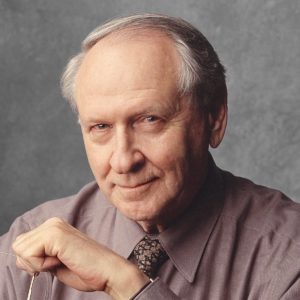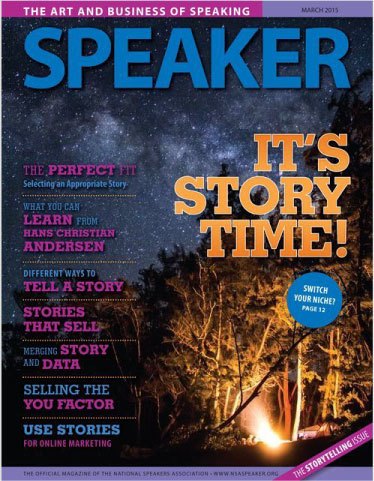
I recently ran a training session for a group of management consultants. They were learning how to engage with clients more deeply and move from being ‘just’ Managers to being viewed as Trusted Advisors.
The main event was a scenario where I played a new client named Pat. The exercise required the consultant to build relationship with Pat while at the same time obtain commitment from her to send records that she has been up to this point hesitant to share.
One of the skills I taught earlier in the day was to build personal credibility.
I coached a consultant who’d been a Manager for 4 years and was on the cusp of promotion. He had excellent relationship building skills. He asked good thought provoking questions. He paraphrased back what he’d heard. He even made me laugh, but he had the habit of using the pronoun “we” when he actually meant “I”.
Two examples:
He started the conversation with:
“We wanted to talk with you about the project.”
My feedback to him centered on how the pronoun “we”, in this instance, made me feel ganged up on, outnumbered. Who are all these people you are referring to? And where are they right now? Lurking in the hall? Not a great way to start a relationship!
Later on, after I had divulged that I wanted to be more involved in the process he replied:
“We can do that. We can do updates with you. We can go thru the analysis with you weekly if you want.”
My coaching here touched on how the pronoun “we” in this instance, created distance and confusion between us. I wasn’t sure who was going to do the updates with me. Was it him? A member of his team? If I knew he was committing personally to updating me, it would have created more trust more quickly.
If the goal is to build a personal relationship and personal credibility, than the pronoun “I” is a powerful way to do that.
Rest easy Mr. Safire. You will be missed.
















